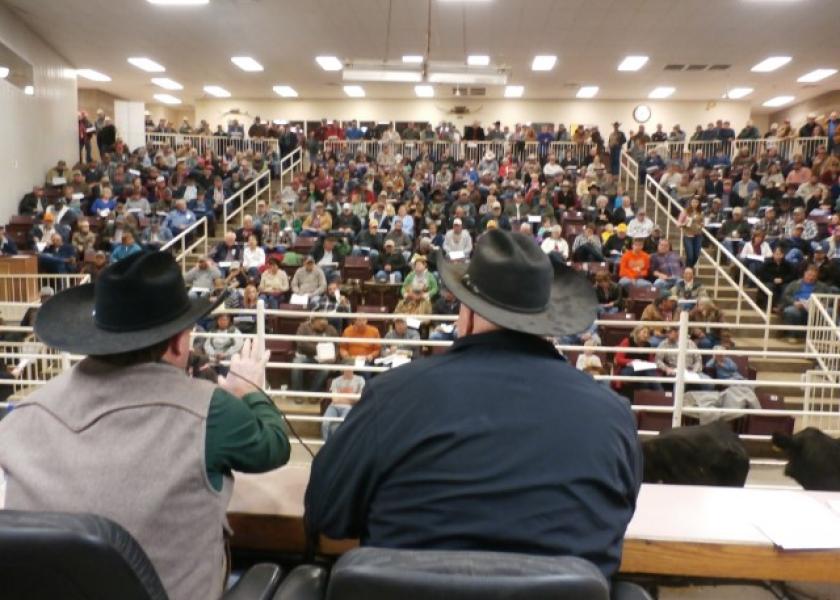Proposed Change in Beef Checkoff Causing Controversy

A proposal by the Missouri Beef Industry Council to establish a state beef checkoff fee is the subject of what could be a heated public hearing this week in Sedalia.
The beef council has petitioned for a referendum on whether to establish a $1 per head state beef checkoff fee for cattle producers, which would be in addition to an existing $1 per head fee for a federal beef checkoff program.
The Missouri Department of Agriculture will conduct the public hearing Wednesday at the State Fairgrounds in Sedalia.
If Richard Fordyce, director of the Missouri Department of Agriculture, approves the referendum, cattle producers would have to register to vote on it and would cast ballots from Jan. 4 to March 4, The West Plains Daily Quill reported.
Federal beef checkoff fees are used by state beef councils to promote beef industry research, consumer education, industry information and foreign marketing. By law, checkoff dollars cannot be used to lobby or otherwise influence government action.
The Missouri Cattlemen's Association, led by its president, Janet Akers, supports the proposed state fee.
"Our investment in the Beef Checkoff assures us that facts are countering fiction when it comes to beef and how cattle are raised," Akers said in a statement. "This is an investment that this association fully supports," adding that revenue from the state fee would be kept in Missouri to help the state's beef industry.
Bill Bullard, CEO of the national Ranchers-Cattlemen Action Legal Fund said his organization is working with the Missouri Rural Crisis Center to encourage turnout at the meeting. The two organizations both oppose the proposed referendum.
"Multinational meat packers and the National Cattlemen's Beef Association are worried they don't have enough support to increase the National Beef Checkoff Program tax by another $1 per head. As a result, they have decided to get their extra dollar at the state level. Missouri is one of their early targets," Bullard said in a statement.
And Rural Crisis Center Executive Director Roger Allison wrote, "Since the 1980s, Missouri cattle producers have been paying over $2 million a year into an obsolete, outdated program that has been totally ineffective. Since 1985 . beef consumption has plummeted 31 percent nationally and Missouri has lost 40 percent of its cattle producers. This obviously has not been a successful program for Missouri cattle producers. And now the (MBIC) has the nerve to ask for a 200 percent raise!"







